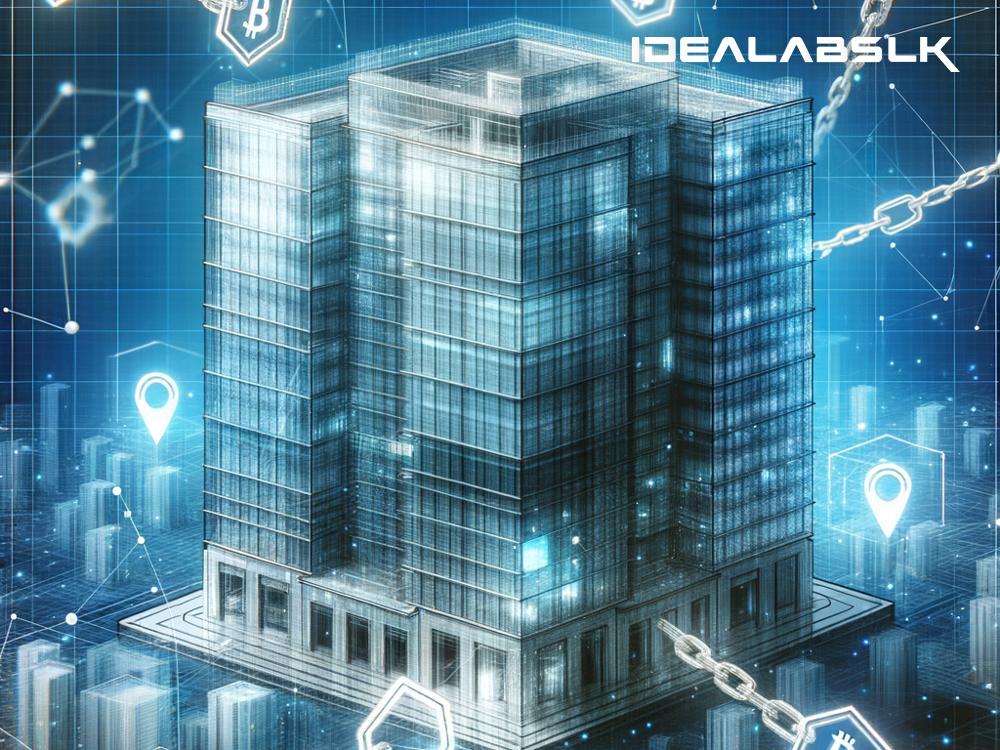Blockchain in Real Estate: The Future of Transparent Property Transactions
The real estate sector, often seen as a slow adapter to technology innovations, is on the cusp of a revolutionary change with the introduction of blockchain technology. This isn't just another buzzword. The integration of blockchain into real estate promises to transform property transactions, making them more transparent, efficient, and secure. But before diving into how blockchain is reshaping the real estate landscape, let's unpack what blockchain technology really is.
What is Blockchain?
Imagine a digital ledger that is accessible to numerous people across the globe, yet it is incredibly secure and tamper-proof. This is what blockchain technology offers. It's a system of recording information in a way that makes it difficult or impossible to change, hack, or cheat the system. Each block in the chain contains a number of transactions, and every time a new transaction occurs on the blockchain, a record of that transaction is added to every participant's ledger. It's like having a notepad that automatically copies itself every time a new line is written, and this notepad is kept with thousands of people simultaneously.
Blockchain and Real Estate: A Match Made in Heaven
Now, let's talk about how this revolutionary technology is making waves in the real estate sector:
1. Transparency Like Never Before
One of the major concerns in traditional real estate transactions is the lack of transparency. Often, parties involved in a transaction do not have access to complete information, leading to mistrust and fraud. Blockchain brings unparalleled transparency to real estate transactions. Since every transaction is recorded on a public ledger, all parties can have complete visibility into the property's history, current status, and ownership details, reducing the chances of fraud.
2. Effortlessly Speedy Transactions
The conventional process of buying or selling property is notorious for its lengthy procedures, involving various intermediaries like lawyers, banks, and brokers, which not only slows down the process but also adds to the transaction costs. Blockchain simplifies this by enabling peer-to-peer transactions, making it possible to transfer property ownership without the need for intermediaries. This dramatically speeds up the process and reduces costs.
3. Enhanced Security
The decentralized nature of blockchain makes it incredibly secure. Each transaction is encrypted and linked to the previous transaction, making the blockchain resistant to data tampering and fraud. For real estate, this means more secure transactions and less risk of title fraud and property disputes.
4. Tokenization of Real Estate Assets
Blockchain introduces the concept of tokenization, which refers to the process of converting real estate assets into digital tokens on the blockchain. This can potentially democratize real estate investments, allowing people to own fractions of property and making investments more accessible. It also makes it easier to sell these tokens, offering liquidity to what is traditionally a very illiquid asset class.
Challenges and the Way Forward
While the potential benefits of blockchain in real estate are massive, the transition is not without its challenges. For one, regulatory hurdles need to be tackled, as governments around the world try to come to terms with this new technology and its implications for the real estate sector. In addition, there is a significant learning curve involved, and both professionals in the sector and the general public will need to be educated about blockchain and its benefits.
However, the momentum behind blockchain in real estate is building. Several startups and some major players are already experimenting with blockchain for real estate transactions. As these efforts continue and as technology matures, we are likely to see an accelerated adoption of blockchain in real estate.
Conclusion
Blockchain technology has the potential to revolutionize the real estate industry, bringing transparency, speed, security, and accessibility to property transactions. Although it's still early days and challenges remain, the promise of blockchain in transforming real estate is too significant to ignore. As we move towards a future where blockchain becomes a standard part of real estate transactions, it's clear that this technology holds the key to a more efficient, transparent, and fair real estate market for everyone involved.

